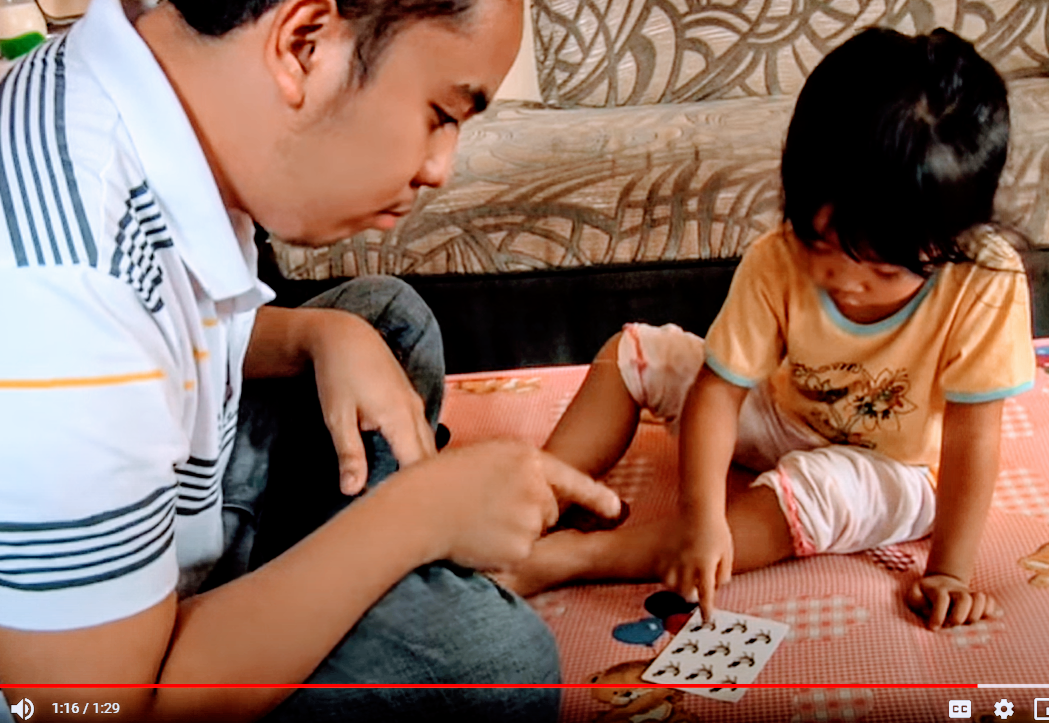Children's math skills were affected by the Covid-19 pandemic but parents can improve the situation. As kids across the USA head back to traditional school, sometimes after nearly a year, many of them were or are still doing some of their learning at home. The long break from in-person learning led many parents to worry about how much the pandemic may have hurt their kids' education, wondering what they could do to bridge any potential learning gap. Developmental psychologists have also been thinking about those challenges.
While bedtime stories are an efficient way to support language development and have become a ritual in a lot of families, math learning and math games are rarely part of home routines. Most parents still think that math, unlike literacy, is the responsibility of school. Actually, many parents avoid math first due to their own negative experience and anxiety about this matter, with the consequence that math engagement at home is rather rare, varying greatly across households.
Kids' math learning has taken a particular hit during the pandemic. Recent studies have shown that the "Covid-Slide" is more important in numeracy than in literacy. So there are compelling reasons to integrate math exercises and games in your kids' life at home. Early exposure to math will help your preschoolers start kindergarten with a precious foundation. Everyday routines such as cooking, setting up the table, or cleaning up, offer excellent math opportunities, so does playing cards and board games, and reading picture books. In this domain, the more the better.

Picture: Stephanie is learning to count with Dad (ChildUp.com - YouTube)

